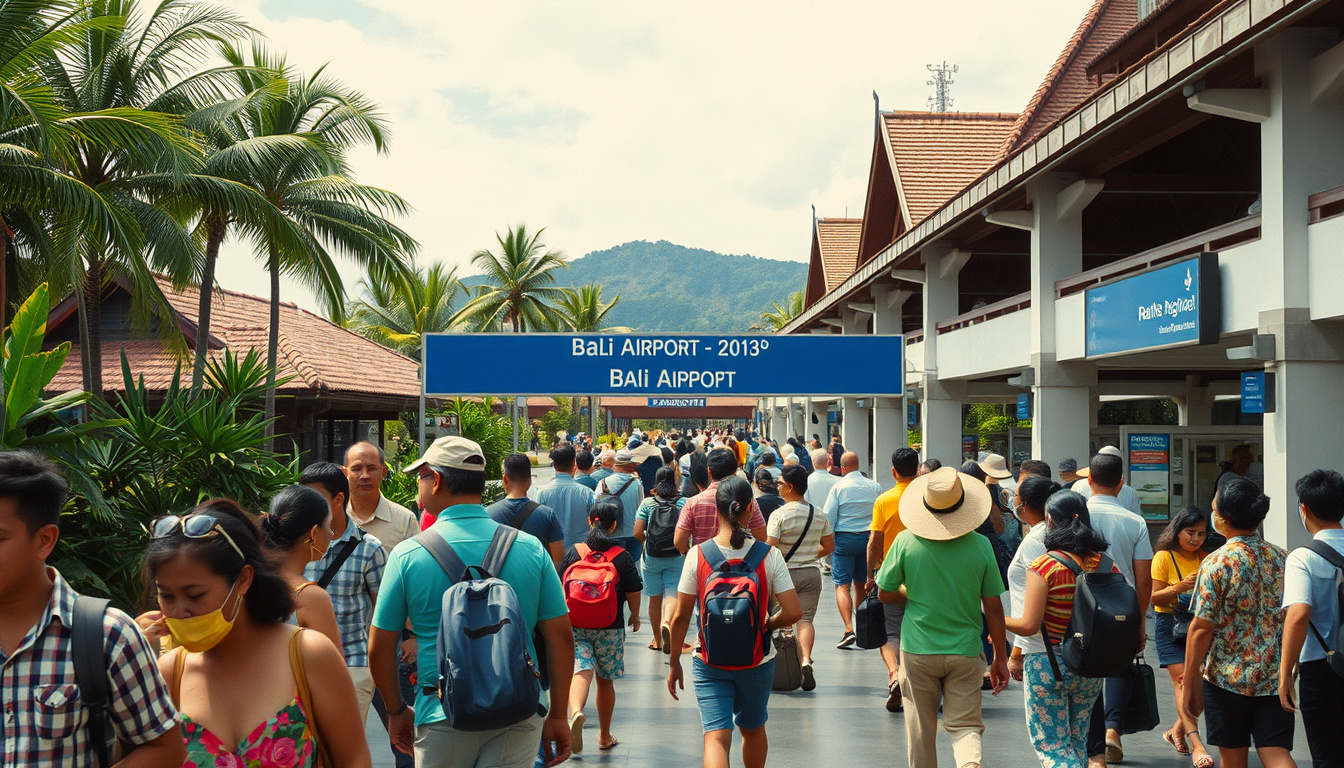In recent years, Bali has transformed into a global tourist hotspot, attracting millions of visitors who flock to its stunning beaches, vibrant culture, and luxurious hotels. One of the latest developments that mark a significant change in the island’s transportation landscape is the collaboration between Ramada Encore Seminyak and local taxi providers, allowing tourists to utilize online taxi services such as Grab and GoJek. This article explores the impact of this agreement on Bali’s transport system and tourism sector while addressing the delicate balance between traditional taxi services and the rise of innovative ride-sharing platforms.
Key Takeaways
- Ramada Encore Seminyak’s partnership with online taxi services aims to alleviate tensions between traditional and modern transport options in Bali.
- The hotel promotes a dual approach, encouraging tourists to use both online taxis and local drivers for a more comprehensive travel experience.
- Recent regulatory changes by the Bali Transportation Agency support the coexistence of various transportation methods to enhance tourist safety and satisfaction.
The Impact of Online Taxis on Bali’s Transportation Landscape
As Bali continues to thrive as a premier tourist destination, the transportation landscape is undergoing significant transformation with the advent of online taxi services such as Grab and GoJek. Tourists staying at establishments like the Ramada Encore Seminyak Bali now have the convenience of utilizing these ride-sharing platforms thanks to a recent agreement with local taxi providers. This strategic move is not only aimed at resolving the long-standing tensions between traditional taxi drivers and their online counterparts but also seeks to provide a more seamless travel experience for visitors. The introduction of online taxis has been met with mixed reactions; many local drivers have perceived these services as a direct threat to their livelihoods due to competitive pricing. This often led to confrontations, creating an atmosphere of discord in the tourism sector.
However, Ramada Encore’s proactive approach fosters an inclusive environment that encourages guests to enjoy the benefits of both online services and traditional taxi options. By promoting local drivers alongside ride-sharing apps, the hotel advocates for a balanced transportation ecosystem that uplifts the community while providing tourists with safe and reliable means of getting around. The ongoing cooperation from the Bali Transportation Agency underscores the legitimacy of online taxi services, promoting a collaborative framework that appeals to vacationers and residents alike. Although challenges remain in certain localities, the gradual acceptance of different transportation modalities signals a constructive evolution, harmonizing the interests of all stakeholders in Bali’s bustling tourism market.
Balancing Tradition with Innovation in Tourism
As the tourism industry in Bali continues to evolve, balancing traditional practices with modern innovation has become essential. The introduction of online taxi services, particularly Grab and GoJek, represents a significant shift in how tourists navigate the island, offering not only convenience but also competitive pricing. This evolution, however, is not without its challenges. Local taxi drivers have expressed concerns over the potential loss of income and have often resisted the integration of these digital platforms into their market. In fact, the competition has led to heightened tensions, evidenced by some unfortunate confrontations. Yet, the Ramada Encore Seminyak is setting a precedent by embracing both worlds—underscoring the importance of collaboration between traditional drivers and tech-based services. This balanced strategy promotes a more stable and inclusive transport system, which is crucial for maintaining the tourist appeal of Bali while also supporting the local economy.












Add a comment